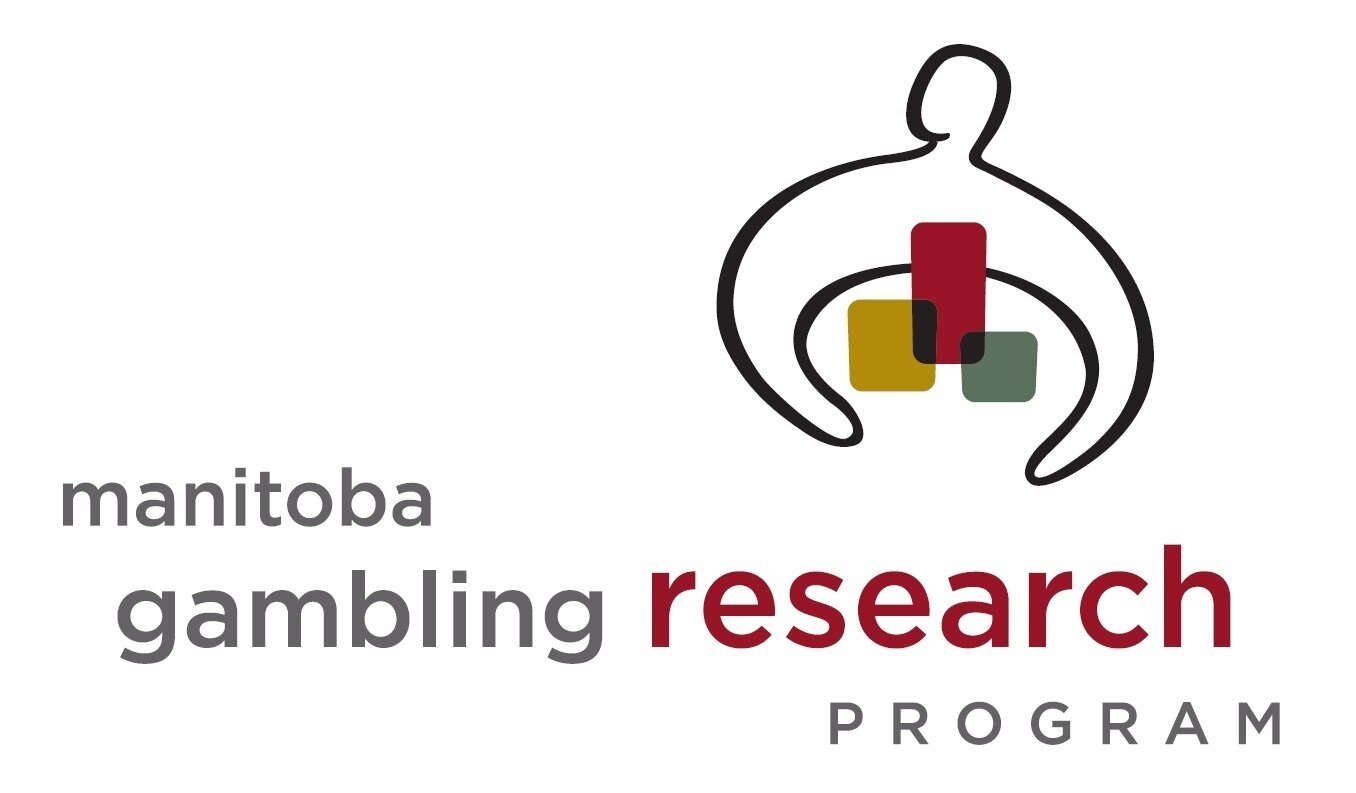Does Self-Compassion Facilitate or Prevent Problem Gambling?
| Investigator | Dr. Daniel Bailis, University of Manitoba |
| Research Priority | Explore what risk and protective factors (e.g. behavioural, psychological, cultural/social, environmental, health, demographic, etc.) influence the movement back and forth between no risk and problem gambling risk levels and examine the resulting implications for prevention, harm minimization and/or treatment of gambling problems. |
| Funding | Small Grant ($46,934) |
| Project Status | Completed |
Self-compassion is the tendency to respond to one’s own failures and suffering with feelings of self-kindness, common humanity, and mindful awareness. Although these feelings are adaptive in coping with past mistakes, no research has examined their influence on the risky decision-making that can lead to those mistakes. In the case of problem gambling, the effects of a self-forgiving disposition could be either positive or negative, and the direction may depend on the severity of problem gambling. Accordingly, this research will examine the relationship between self-compassion and risky decision-making during gambling play, among young adults with moderate vs. little/no severity of problem gambling. The results are expected to contribute to our understanding of prevention, treatment, and communication about gambling risks.
| Download | Size |
|---|---|
| Summary Report-Self-Compassion Problem Gambling.pdf | 64.88 KB |
| Full Report- Self-Compassion Problem Gambling_0.pdf | 307 KB |

